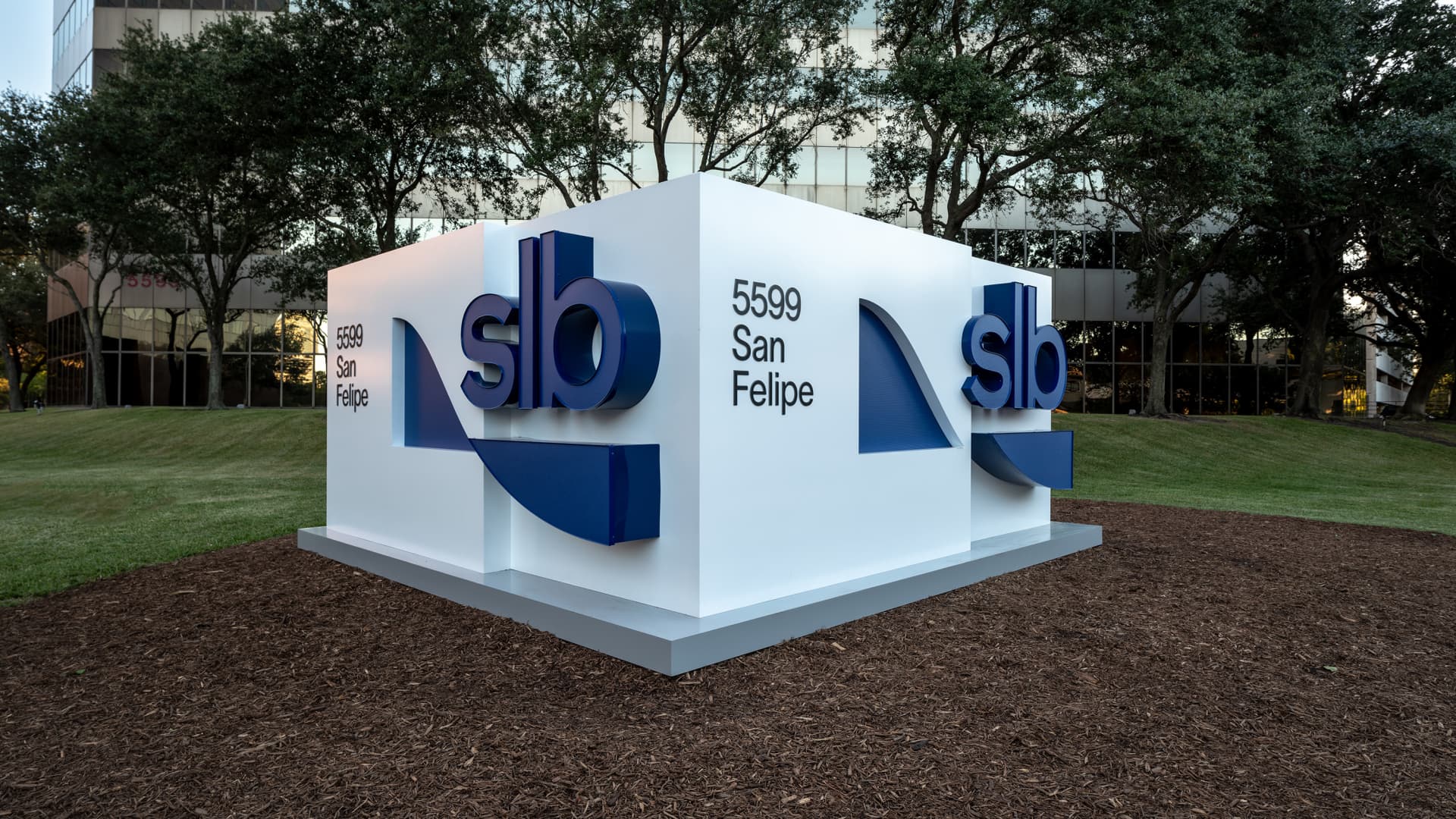Standard & Poor’s is doing its quarterly rebalancing at the market close today. (That happens on the third Friday of March, June, September and December.) Two companies are going INTO the S & P 500 at the close: Blackstone AirBNB What is significant is that neither one has ever before been in even the S & P SmallCap 600 Index or the S & P MidCap 400. They are simply being added to the S & P 500. Which means a fairly significant amount of index buying will occur. The two companies going OUT OF the S & P 500: Lincoln National Newell Brands Both are going into the S & P SmallCap due to notable declines in their market capitalization (Newell was nearly $25 a share a little over a year ago. It’s below $10 today). S & P is also adjusting the share counts of most of the companies to account for buybacks and new stock issuance. Companies increasing share count: 228 Companies decreasing share count: 246 The companies that have been buying back their stock most aggressively and reducing their share count are: Companies reducing share count (change in market capitalization) Apple -0.6% Alphabet -1.2% T-Mobile -10.1% Blackrock -6.3% ExxonMobil -1.0% Indexers will be selling shares of these companies. Note that ExxonMobil, which very aggressively reduced its share count for many years and which stopped doing so several years ago, has again begun to aggressively buy back stock, along with other oil companies such as Chevron. Other companies are seeing their share counts increase. Indexers will be buying these companies. Companies increasing share count (change in market capitalization) Amazon +1.7% Tesla +2.5% Berkshire Hathaway +2.3% Do share buybacks add value to shareholders? The current total share count of the S & P 500 is: 335.5 billion At the close, the share count will decrease by: 0.21% (to 334.8 billion). This is a sore point among those debating the value of share buybacks: roughly $850 billion will be spent on buybacks in the S & P 500 this year (roughly 2.2% of the market cap of the S & P 500), but the overall share count is only reduced by 0.2%. This is because companies buy back stock and at the same time issue new options to executives that increase the share count. While the majority of buybacks are concentrated in a small group of stocks, the bottom line is that a major part of corporate compensation is in the form of options, so to avoid diluting the share count companies do buybacks. But if they don’t reduce the share count, they don’t increase earnings per share and so there is little value to shareholders.








